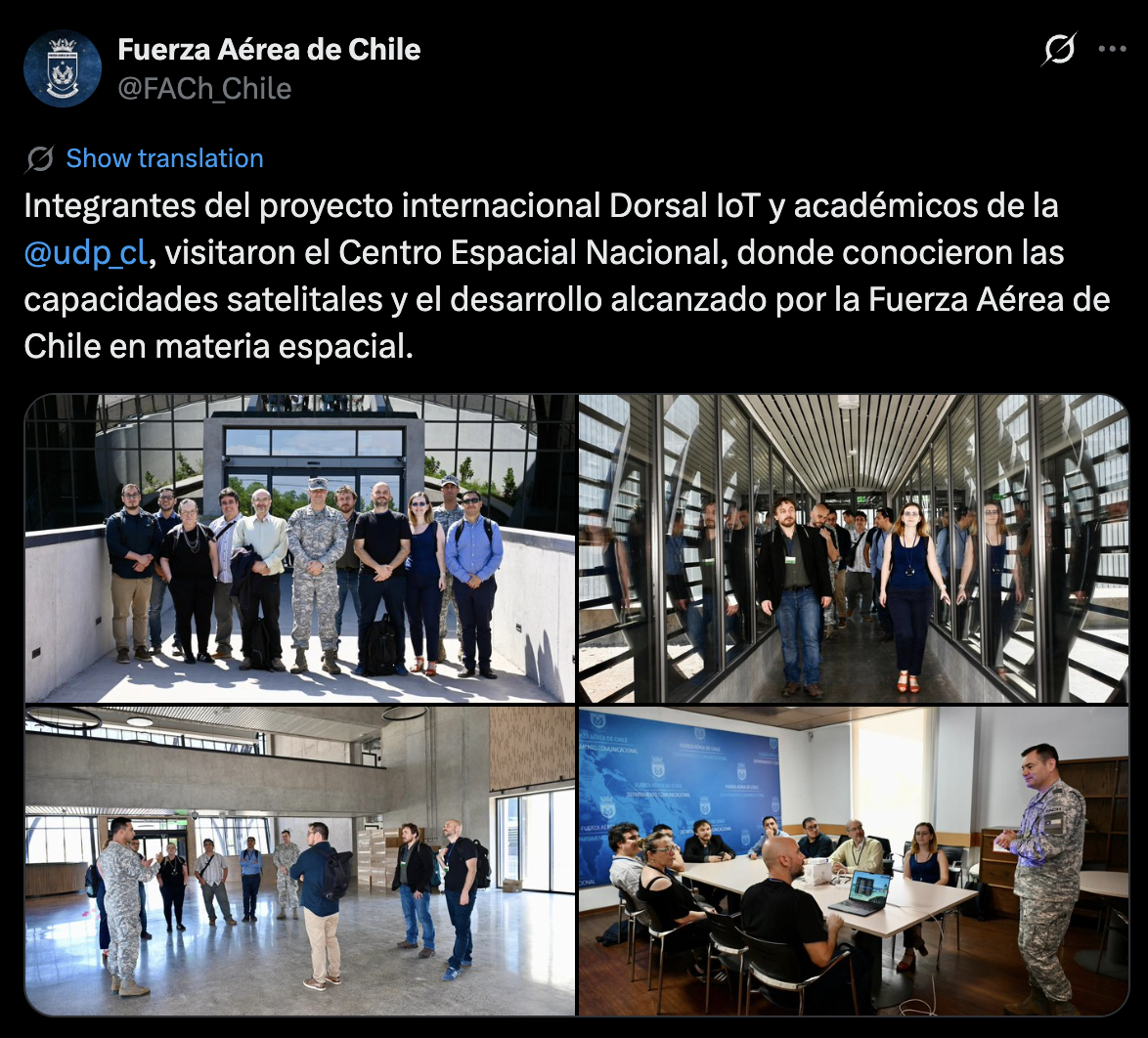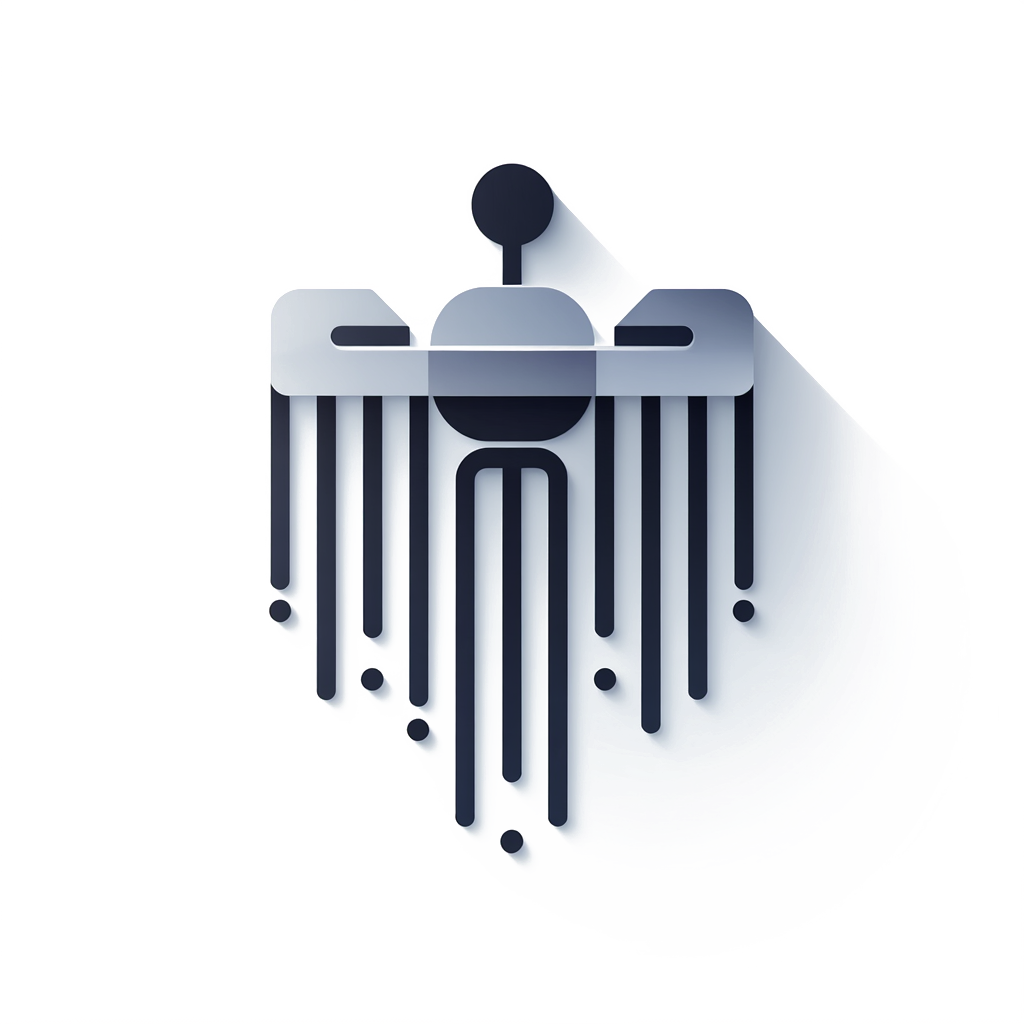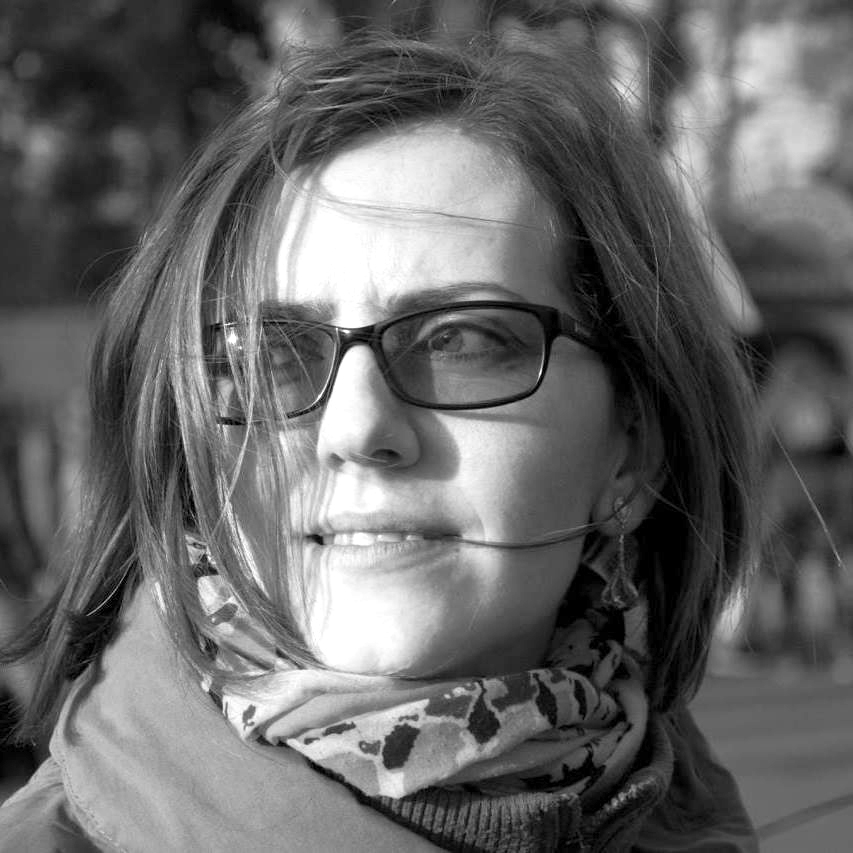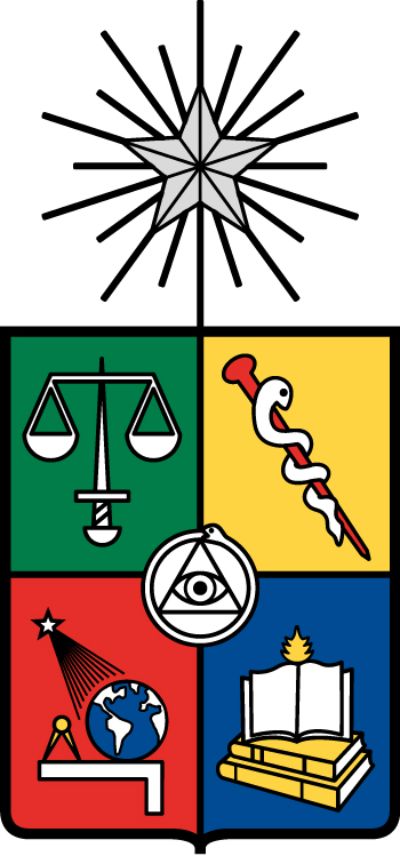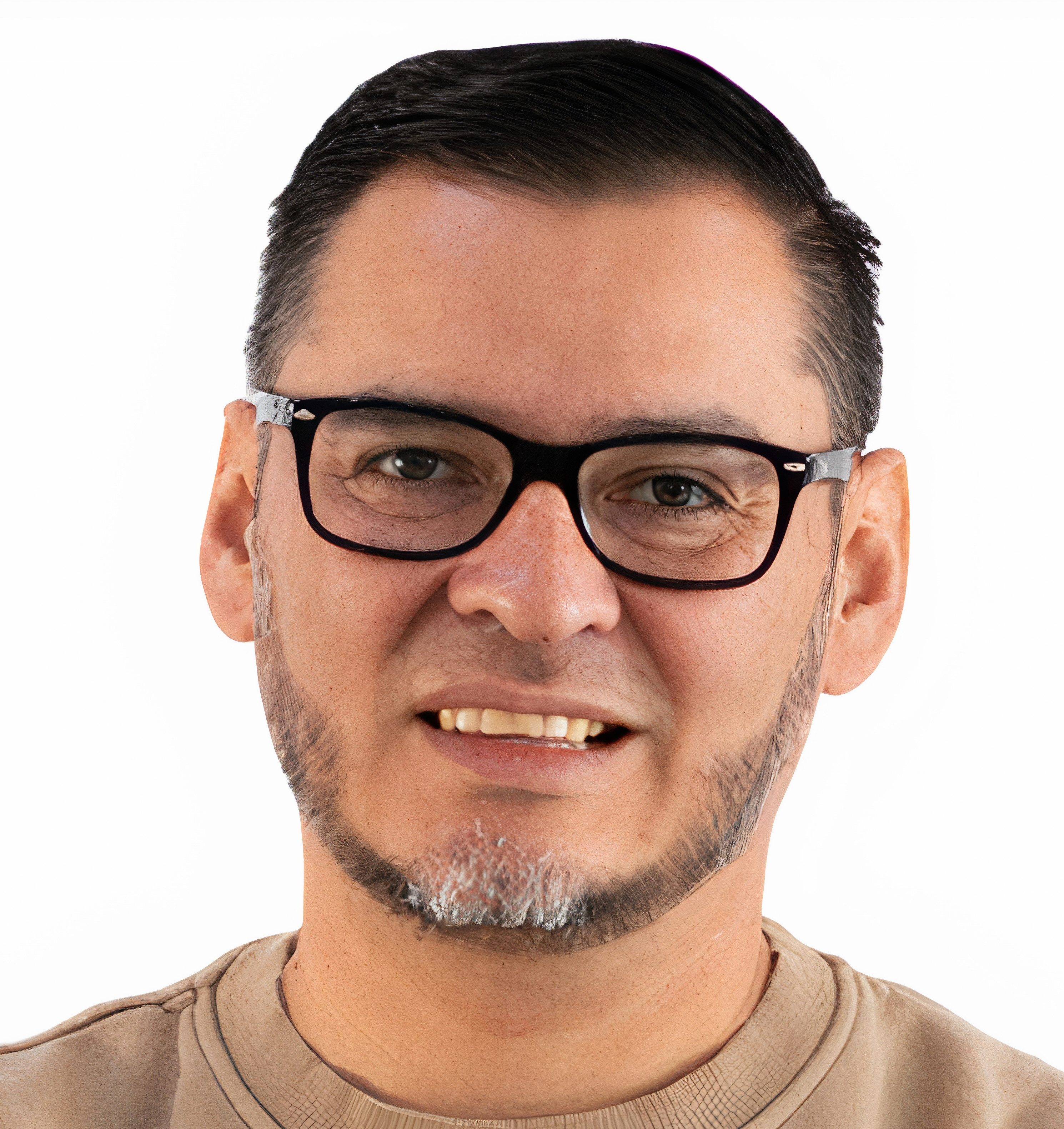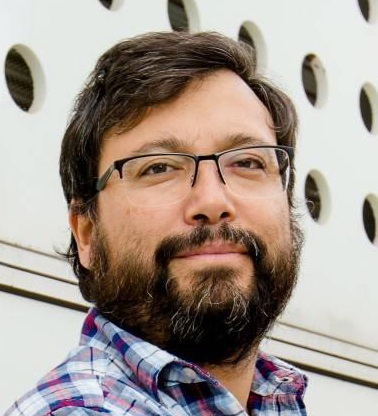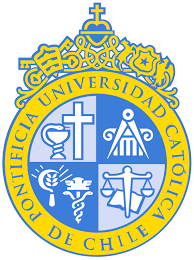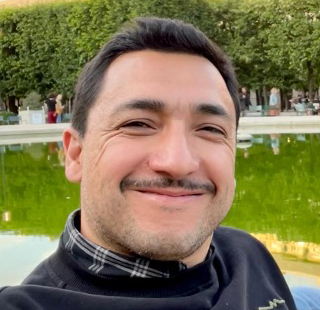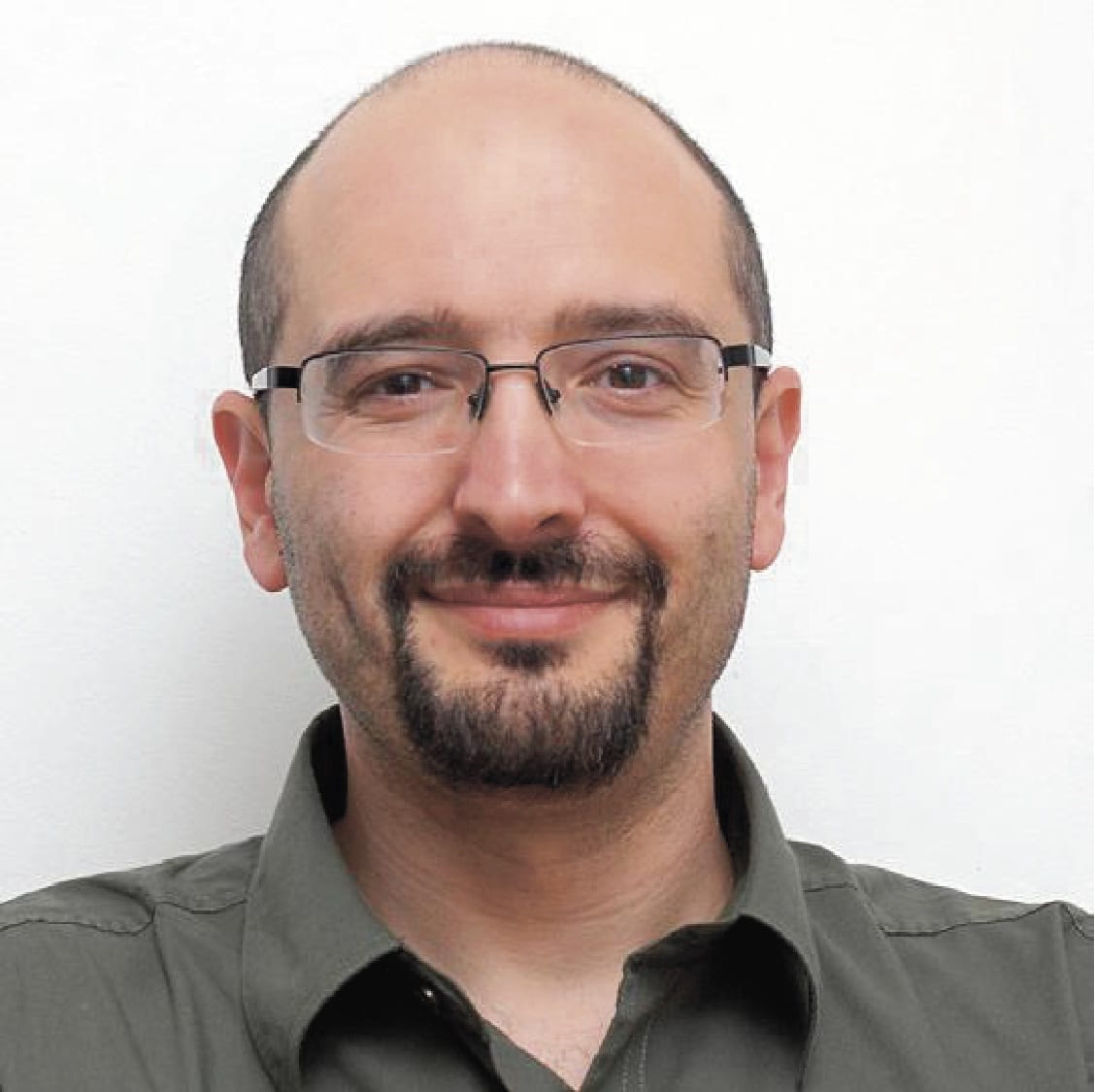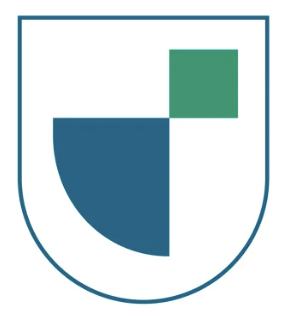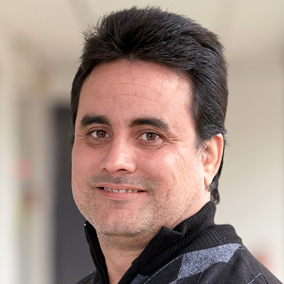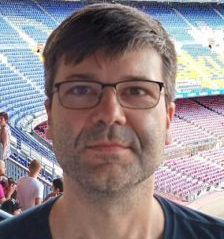1st DORSAL-IoT Workshop
Date: July 9–10, 2025
Location: Inria Lyon, France (hybrid)
This first workshop gathered partners for two days of presentations and brainstorming. Topics
included TSCH scheduling, Doppler shift handling, Direct-to-Satellite IoT simulations, and
federated learning strategies.
- Hybrid event (onsite & online)
- Participants from Inria, UFSC, UCH, UC, UDP, UTM
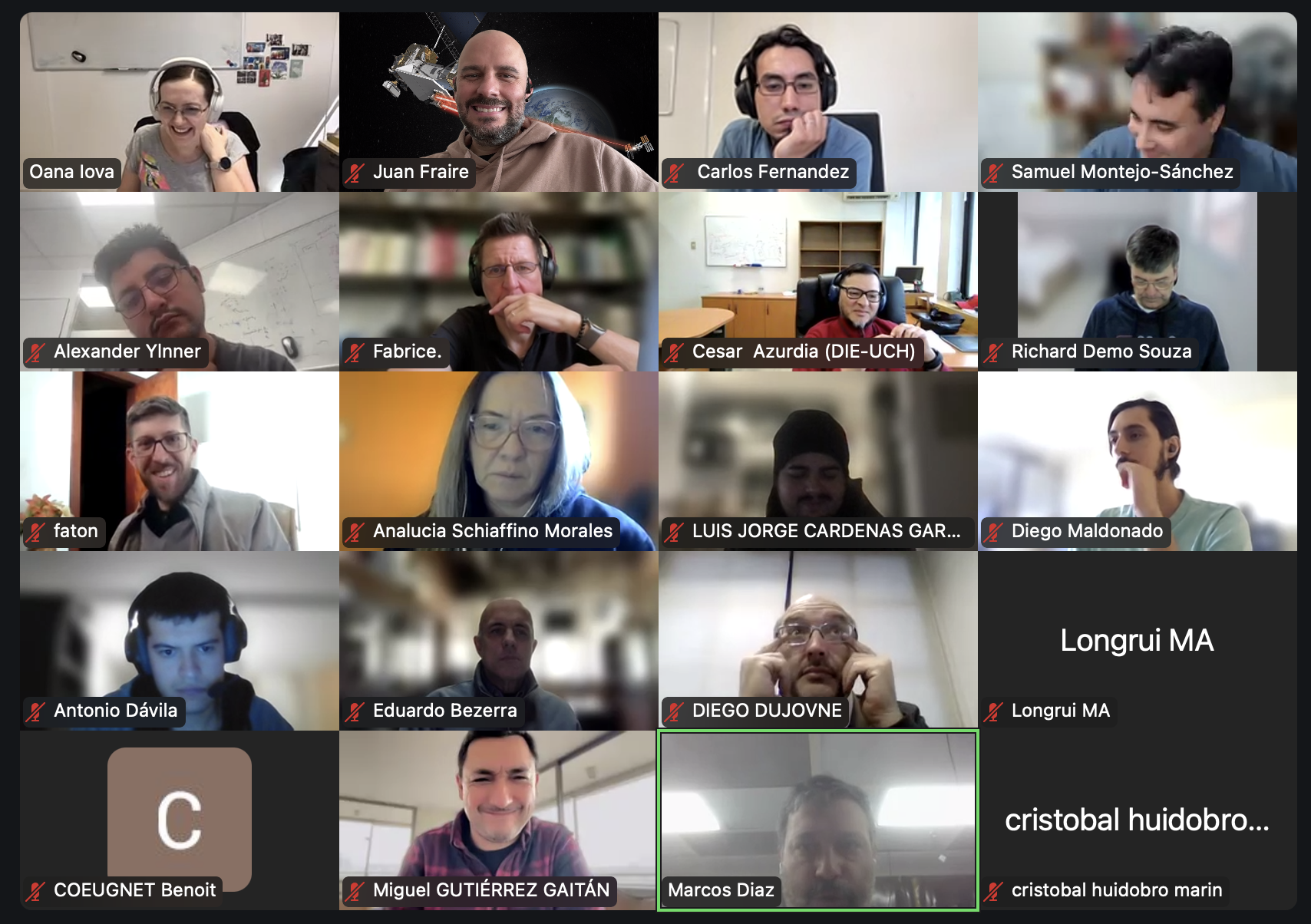
2nd DORSAL-IoT Workshop
Date: September 22–26, 2025
Location: Inria Lyon, France (onsite)
This second workshop includes two days of research area meetings and three days of working group
sessions to define the project roadmap. It will focus on energy-aware satellite downlink
protocols for Direct-to-Satellite LoRaWAN IoT.
- Project-wide kickoff for roadmap planning
- Focus on cross-continental collaboration
- France, Brazil, and Chile partners involved
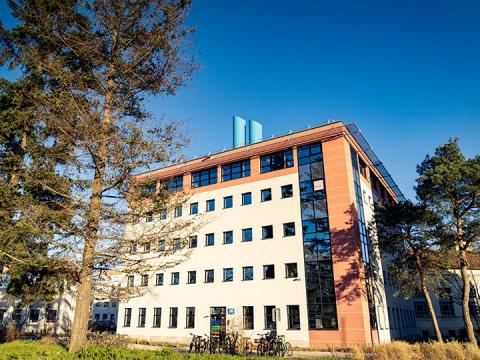
Tutorial at IEEE LatinCom 2025
Date: November 5–7, 2025
Location: Antigua, Guatemala (onsite)
Alexander Ylnner Choquenaira Florez (PhD candidate at Inria), with support from Benoit
Coeugnet (PhD candidate at Inria/Kinéis), presented a tutorial on simulating Direct-to-Satellite
IoT networks
using OMNeT++ and FLoRaSat.
- Introduction to the OMNeT++ platform
- Hands-on to the FLoRaSat simulator
- Video: 📺
Watch the full tutorial
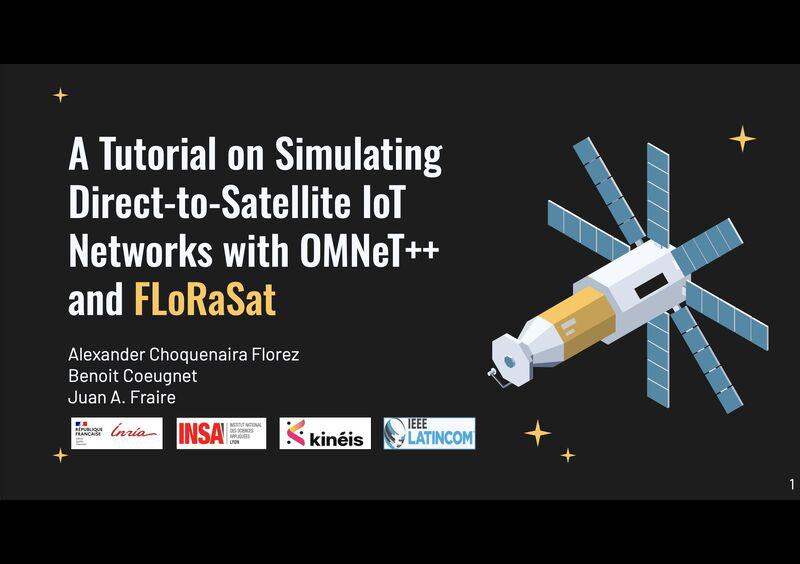
3rd DORSAL-IoT Workshop
Date: November 24–28, 2025
Location: Santiago de Chile, Chile (onsite)
The third workshop will bring the consortium together in Santiago to focus on advancing the
design and evaluation of efficient downlink strategies for Direct-to-Satellite IoT systems.
- Onsite working sessions with all partners
- Hands-on collaboration around use case design
- Progress toward protocol and tool development
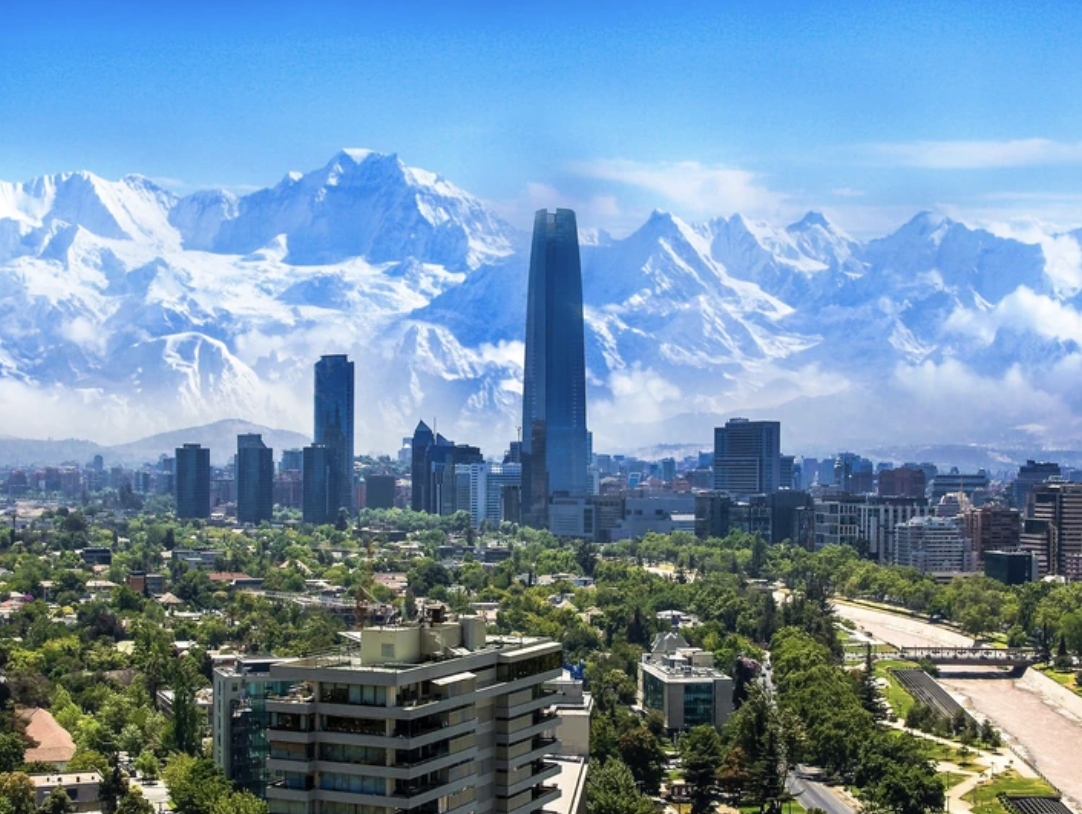
Inria Chile Talk
Date: November 25, 2025
Location: Inria Chile, Santiago & Online
Oana Iova and Juan A. Fraire (Inria) presented a talk on the convergence of terrestrial and
satellite
communication technologies for the Internet of Things. The session explored LPWAN technologies
such as LoRa,
LR-FHSS, and LoRaWAN, as well as their extension to LEO satellite constellations.
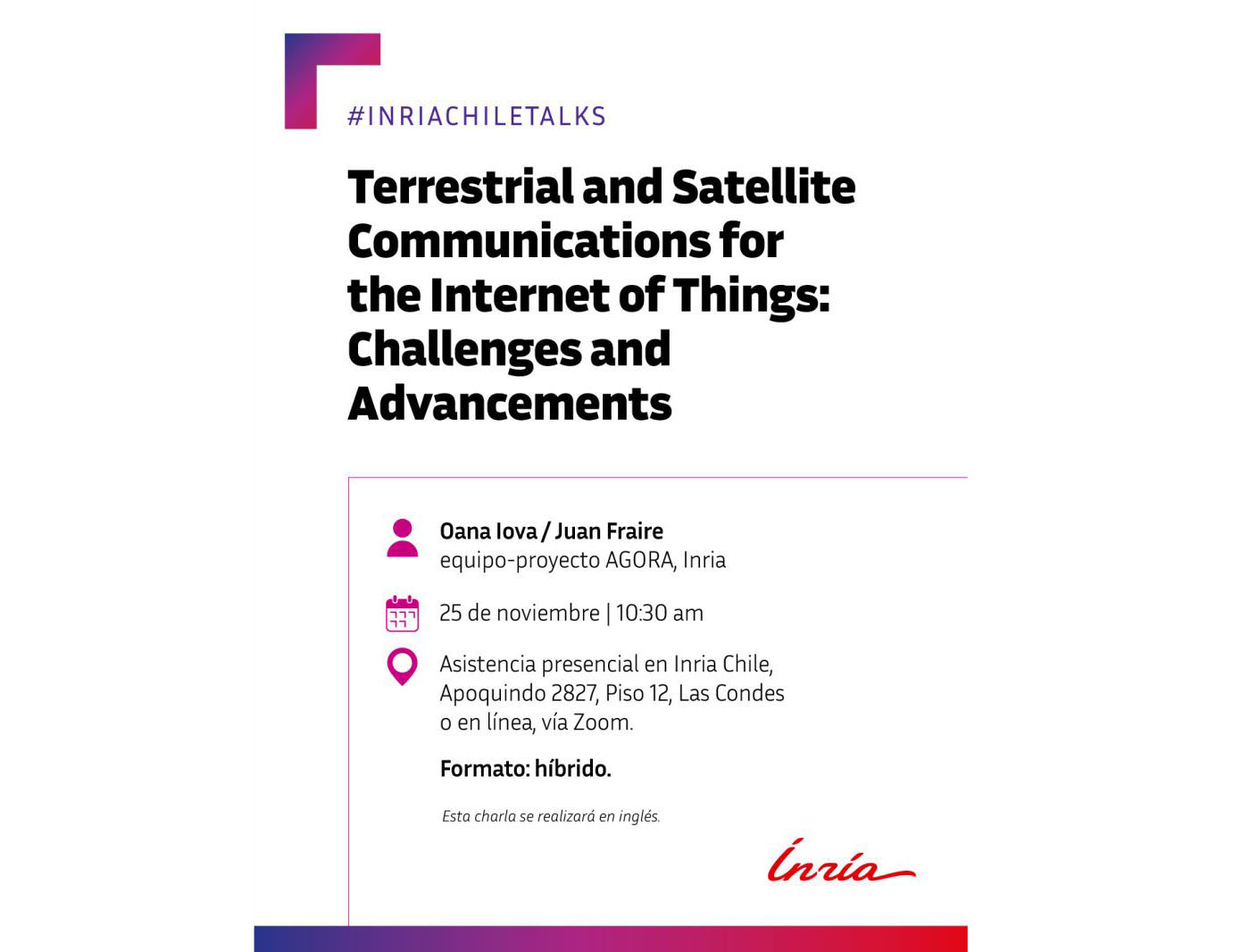
Talk at UC Chile
Date: November 24, 2025
Location: Pontificia Universidad Católica de
Chile
Prof. Oana Iova (INSA Lyon, Inria) delivered a talk on the intersection of terrestrial and
satellite communications for IoT networks at the Internet of Things and Ubiquitous Computing
(IoT-UC) Laboratory and the ANID Center for Technological Research in Sistemas Ciberfísicos
(CPS-RTC).
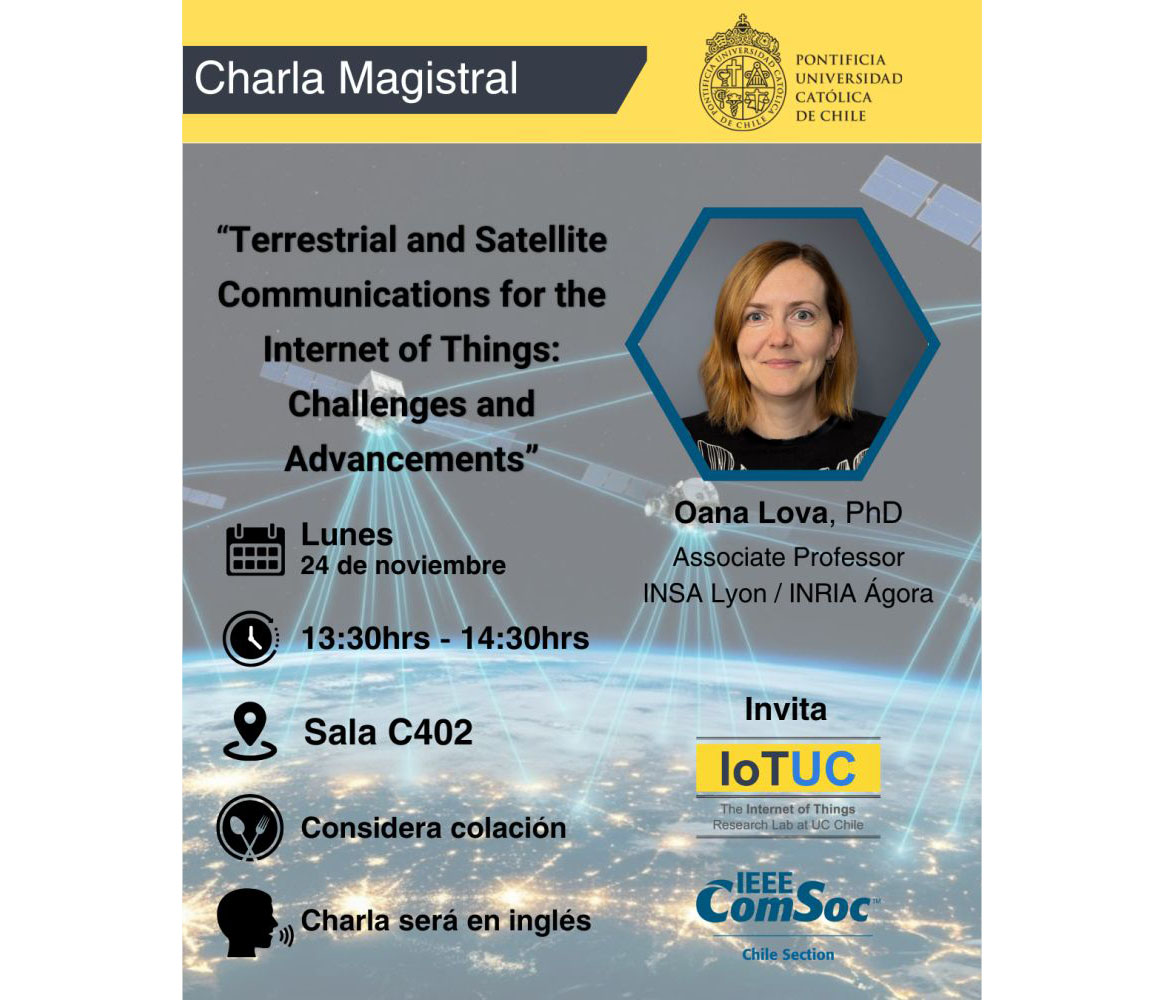
Talk: Distributed Geolocalization Using
Broadcast Wireless Communication
Date: November 26, 2025
Location: IDT UTEM, San Joaquín, Santiago,
Chile
As part of the 3rd DORSAL-IoT Workshop, Prof. Hervé Rivano (INSA Lyon – Inria Agora) presented a
keynote talk on distributed geolocalization using broadcast wireless communication for ranging.
The event was supported by IEEE ComSoc Chile and UTEM’s Institute for Technological Research and
Development (IDT).
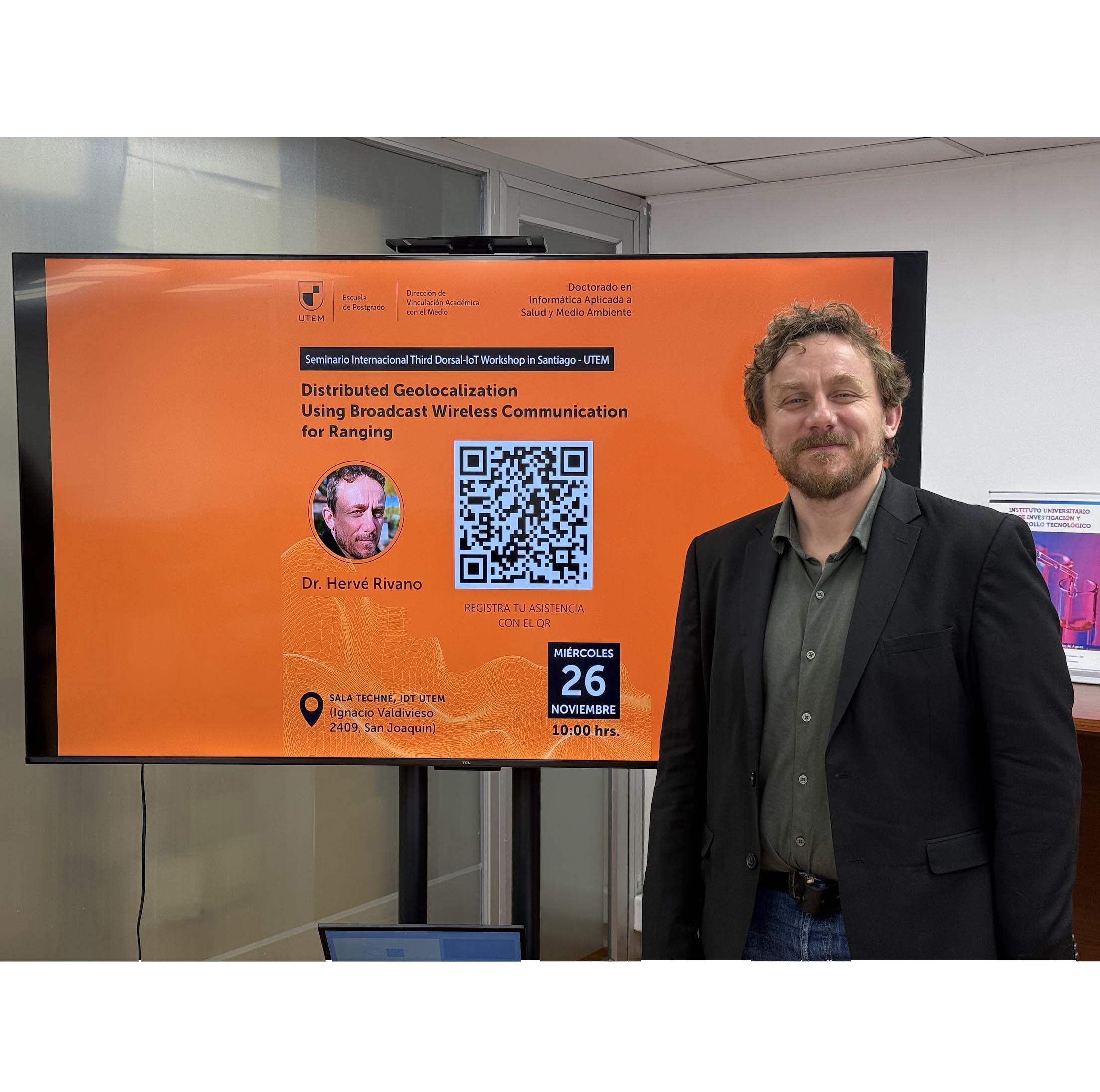
Visit: DORSAL-IoT Delegation at the National
Space Center
Date: November 27, 2025
Location: Centro Espacial Nacional, Santiago,
Chile
Members of the international DORSAL-IoT project and faculty from Universidad Diego Portales
visited the National Space Center to learn about Chilean satellite capabilities and the progress
achieved by the Chilean Air Force (FACh) in space technologies.
